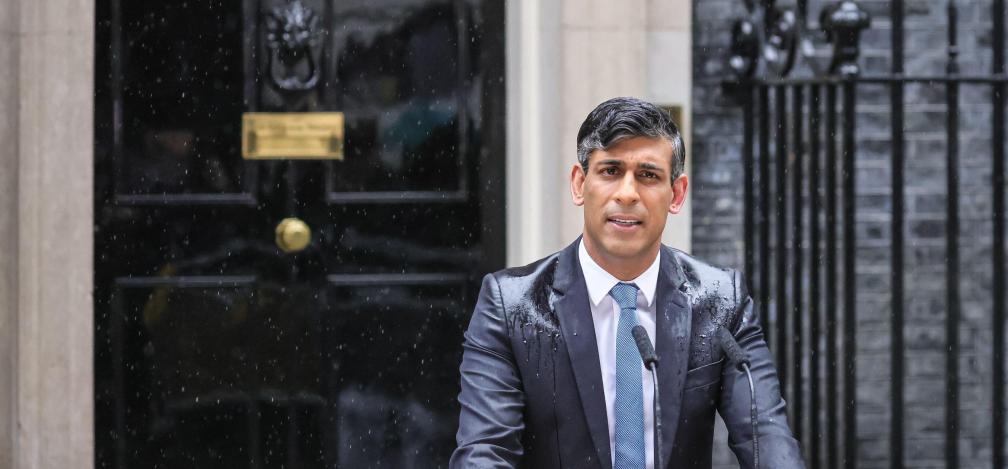The precarious state of the state: Summary
The true scale and severity of the problems facing the next government.

General election 2024
The next UK general election will be held on Thursday 4 July. Our analysis, explainers and events explore what happens before and during an election, how political parties and the civil service prepare for the outcome and what it means for government.
Find out more